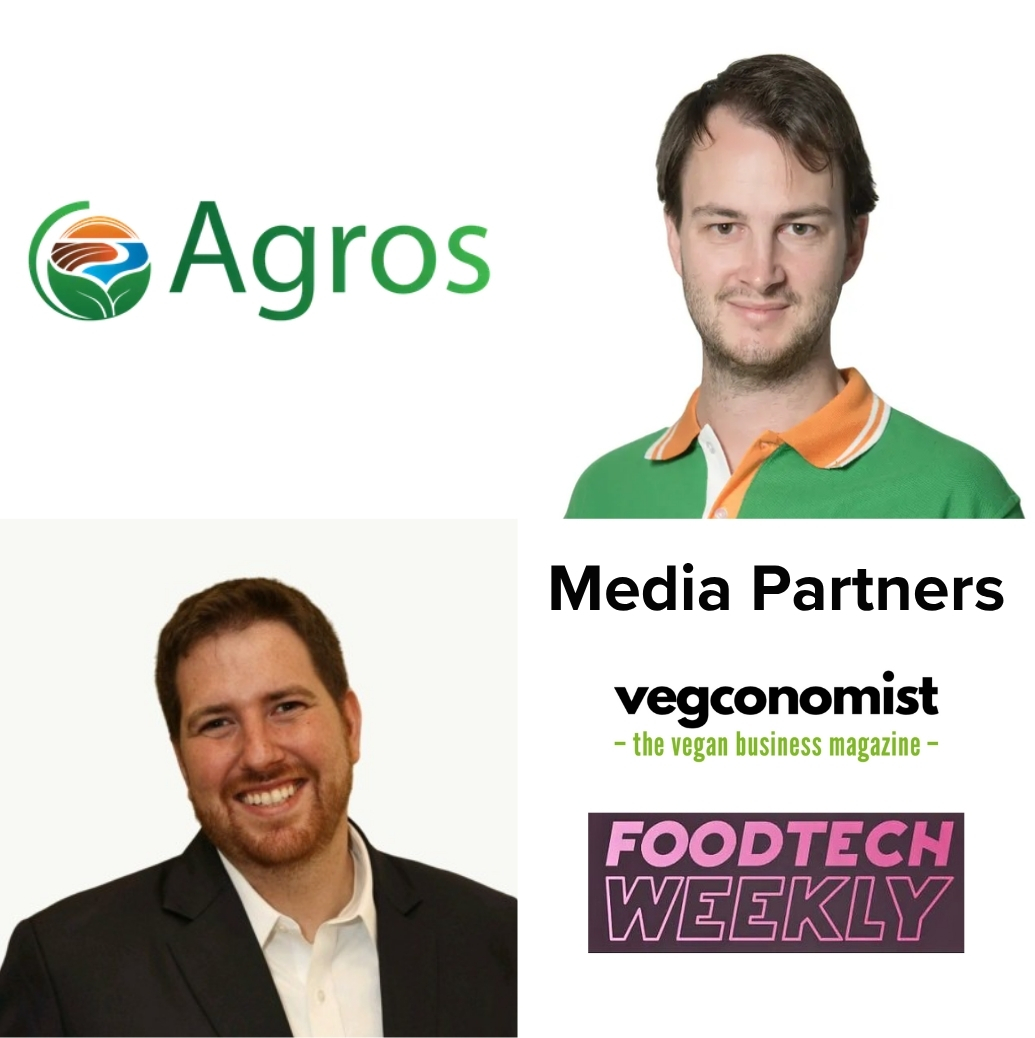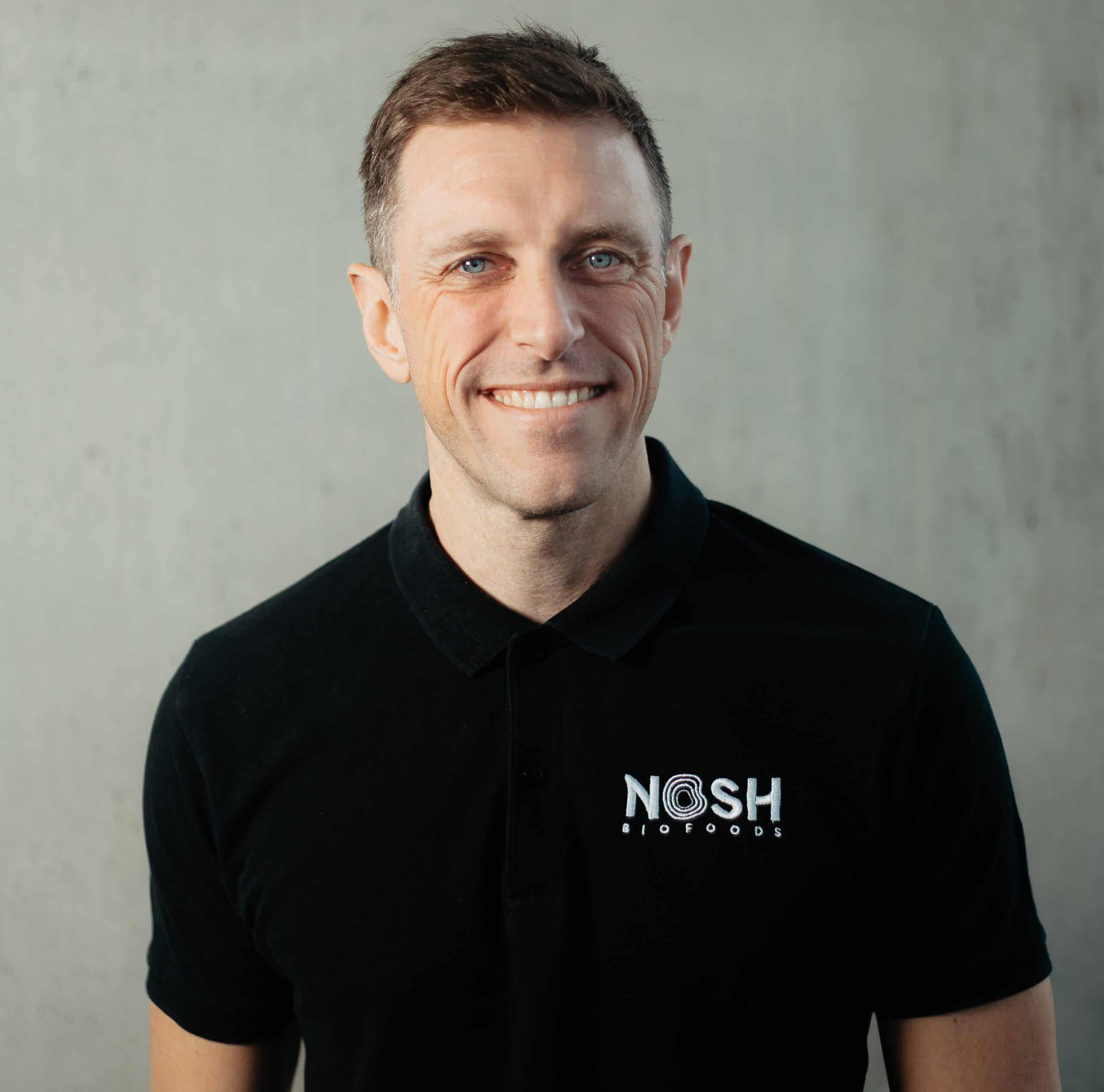In this podcast series, Alex Shandrovsky interviews investors about benchmarks for funding Alt Proteins in 2025 and uncovers the investment playbooks of successful Climate Tech CEOs and Leading VCs.
Podcast Host Alex Shandrovksy is a strategic advisor to numerous global food tech accelerators and companies, including alternative proteins and cellular agriculture leaders. His focus is on investor relations and post-raise scale for agrifood tech companies. This podcast is syndicated through our media partners, Foodtech Weekly and Vegconomist.
Episode 39: Agros
In this episode, I speak with Max Nelen, founder and CEO of Agros, a Southeast Asia-based startup bringing sustainable irrigation solutions to smallholder farmers. Max shares how Agros raised a $4.25M Series A led by Wavemaker and Schneider Electric, structured around strategic alignment and customer-led investment. We unpack how the team tackled affordability with a debt stacking approach, turned hardware into a subscription model, and built trust in low-tech communities. Max also offers honest reflections on founder resilience, navigating tough markets, and staying aligned with his co-founder and spouse.
Key Facts Agros:
- Goal: To double farmers’ income while making their farm climate-resilient for generations to come.
- Recently closed Series A of $4.25M co-led by Schneider Electric Energy Access Asia and Wavemaker Impact.
Alex’s Top Findings:
- Warm Intros Over Cold Outreach. Every investor on Agros’ cap table came through a warm introduction, prior working relationship, or event—not cold outreach. “ When I look at my cap table, none of my investors were cold outreach, really, either events, personal connection, even the others were a warm intro. I think it could be from an existing investor or another network. So I guess it reminds you, as a founder, you have to build a company, but you have to be out there and reach out to people.”
- Debt Stacking to Reduce Dilution. Max leveraged non-dilutive debt in tandem with equity, aiming for long-term hardware financing efficiency while keeping investor confidence high. “ Debt is non-dilutive capital. So if you wanna raise 6 million, you can raise 6 million in equity, but then you either bump up the valuation to make it work. Then, potentially, you’ll suffer later because you have to make the growth numbers work, or you raise less, get at a lower valuation, have higher upside later down the line, and get extra debt to finance also the working capital, financing, working capital, which is in climate tech and also in us a big. We decided to go up to one. So, the debt-to-equity ratio can be higher if that’s your appetite, depending on your cash flows as well.
- Pre-Alignment With Board on Downside Scenarios. Max proactively secured alignment with his board on fallback plans before going out to raise, ensuring room to maneuver if the market froze. “ So I went to the board and said, ’Look, I’m gonna go out and raise. Do I have a safety net? Is there a backup plan? ’cause the market is cold and it’s gonna be hard.’ Some people say, no, but you don’t worry, you have all the things there. I say, ‘yeah, but the market is irrational. I need a guarantee of how hard I can go.’ I need, therefore, a guarantee that if it doesn’t work initially, we can always do a convertible.”
Link to Apple Podcast here.
Catch the full podcast series here.




